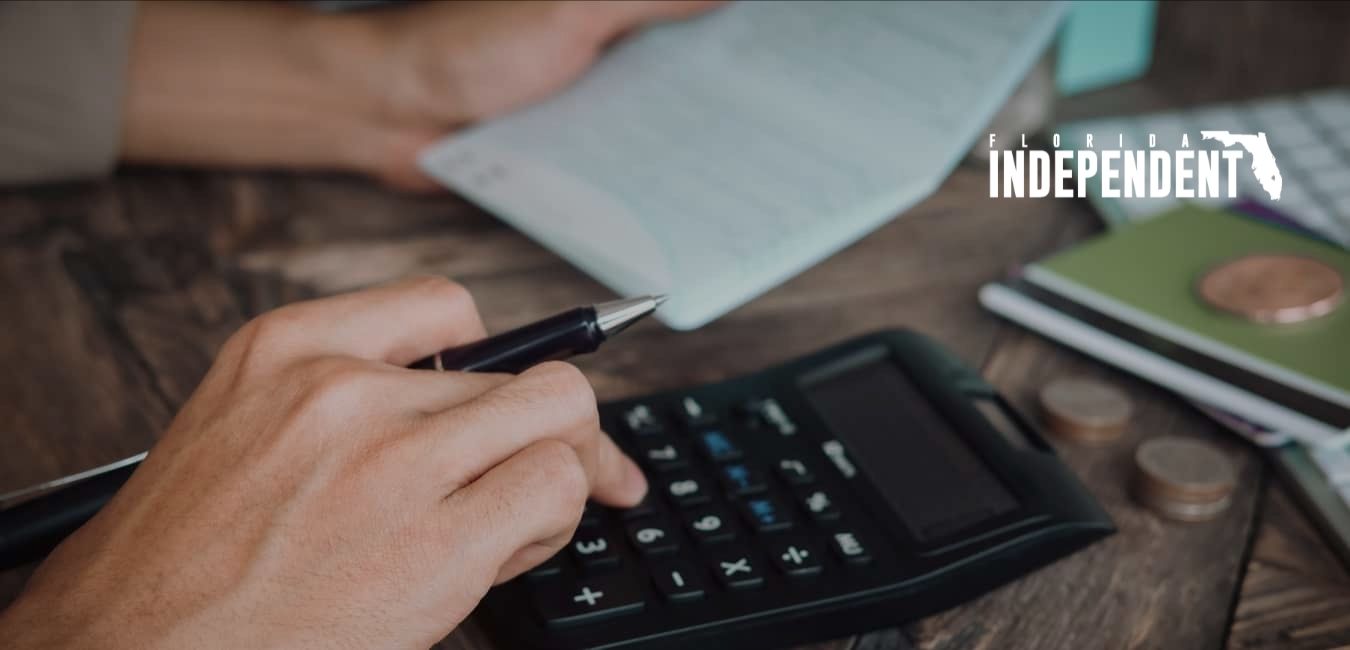Getting into debt is easy and often fun. Getting out, on the other hand, is more often than not, an uphill task. It gets worse if you live in Florida, where access to credit is almost always guaranteed. Here, accumulating tens of thousands of dollars in debt takes just a couple of months. Paying off that debt through Florida debt relief can take as much as ten years.
All is not lost, though, if you’re in debt. That’s because Florida offers some debt relief options for those stuck in the rat race. So, where exactly should you start in your bid to explore all your available debt relief options in Florida?
Table Of Contents
Read on to learn more
Legal Basics on Florida Debt Relief
The state of Florida offers protection to borrowers who find themselves stuck in debt. The protection isn’t always guaranteed, though, as a borrower must meet some basic requirements to be eligible for protection.
For example, a debtor must expressly consent before a creditor; otherwise, a debt collector can directly communicate with the debtor’s employee before obtaining a judgment. Violations attract fines of as much as $1000. Notably, all debtors are entitled to reasonable attorney’s fees and a sum equal to the damages incurred.
The statute of limitations for debt in Florida provides for the maximum amount of time that a creditor can pursue repayment. For promissory notes and written contracts, the statute of limitations provides for a maximum of 5 years. For open accounts (credit cards) and oral agreements, the statute of limitations provides for a maximum of 4 years. In simple words, Florida borrowers may not have to repay debts older than five years past the due date of repayment.
Debt Settlement
Debt settlement, which is sometimes referred to as debt arbitration or debt consolidation, is a debt relief method that mainly involves bargaining with creditors. It is different from other forms of debt relief options like debt consolidation and debt counseling because it can reduce the total amount of debt owed and the interest rate applied.
Debt settlement also allows you to negotiate your total debt balance downwards. You’ll need a good debt settlement service provider to achieve this. Many creditors in Florida usually accept a discounted repayment to close out an account instead of getting nothing once a debtor files for bankruptcy.
Once you enroll in a Florida debt relief program, you’ll stop paying your current creditors. Your savings will be used to establish a new escrow account. Meanwhile, your debt settlement team will try to convince each of your creditors to accept significant reductions on your debt’s principal balances. Note that no case is typical and that these reductions can sometimes slash your debt package by thousands of dollars.
Not all types of debt are eligible for debt settlement programs in Florida. The following types of debts are eligible.
- Credit cards
- Signature loans
- Department store cards
- Old repossessions
- Personal lines of credit
- Some types of unsecured debts
- Private student loans in default
- Old judgments
Types of loans that are not eligible for settlement in Florida. They include:
- Car loans
- Home mortgages
- Some types of secured debts
- Medical/hospital bills
- Federal student loans
- Credit union debts
- Debt Consolidation
You might qualify for a debt consolidation loan in Florida if your debt is more than $10,000. Think of debt consolidation loans are facilities designed to pay off your creditors by rolling all your debts into one easy to manage loan.
That means that instead of dealing with several credit card companies, banks, and other financial institutions, you’ll have one primary lender to pay off each month. The aim is to ease off the pressure that comes along with dealing with so many lenders.
If you have a credit score above 600, your Florida debt consolidation may carry lower interest rates than your disparate credit card bills. To some extent, debt consolidation loans are not ideal for borrowers with extremely low credit scores. In such cases, filing for bankruptcy stands out as a better option.
In a nutshell, many consolidation lenders in Florida hardly take chances on debtors with sub-prime credit scores. Even if you manage to find a willing lender, the interest rates might be exorbitant, with rates that can be as high as 15%.
Remember that Florida consolidation loans are perfect for debtors with solid credit. Make no mistake, though. Do your homework first by crunching some numbers to ensure you don’t take on a fresh obligation that’s costly.
Bankruptcy
Bankruptcy should be your last resort for cleaning your name off debt. While it may stop the creditor collection process, it may come along with serious repercussions. For instance, you may have a hard time accessing credit in the future once you have a bankruptcy record because lenders will consider you as a high risk.
There are upsides, though. You’ll no longer owe some or all of your unsecured debt. Depending on the type of bankruptcy you file, you may also be required to pay your debt with an easier to manage, well-structured repayment plan.
Final Word
It doesn’t matter how bad your debt situation in Florida is. There’s always a Florida debt relief option you can explore. Be sure to keep your spending habits in check, though. Remember, even with the most effective debt-relief options, you can still get stuck in debt once-again if you fail to tame your spending habits.


